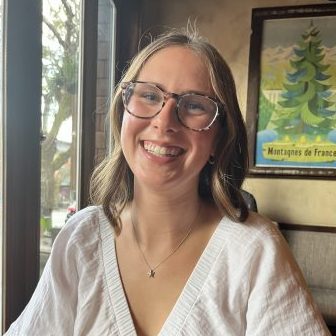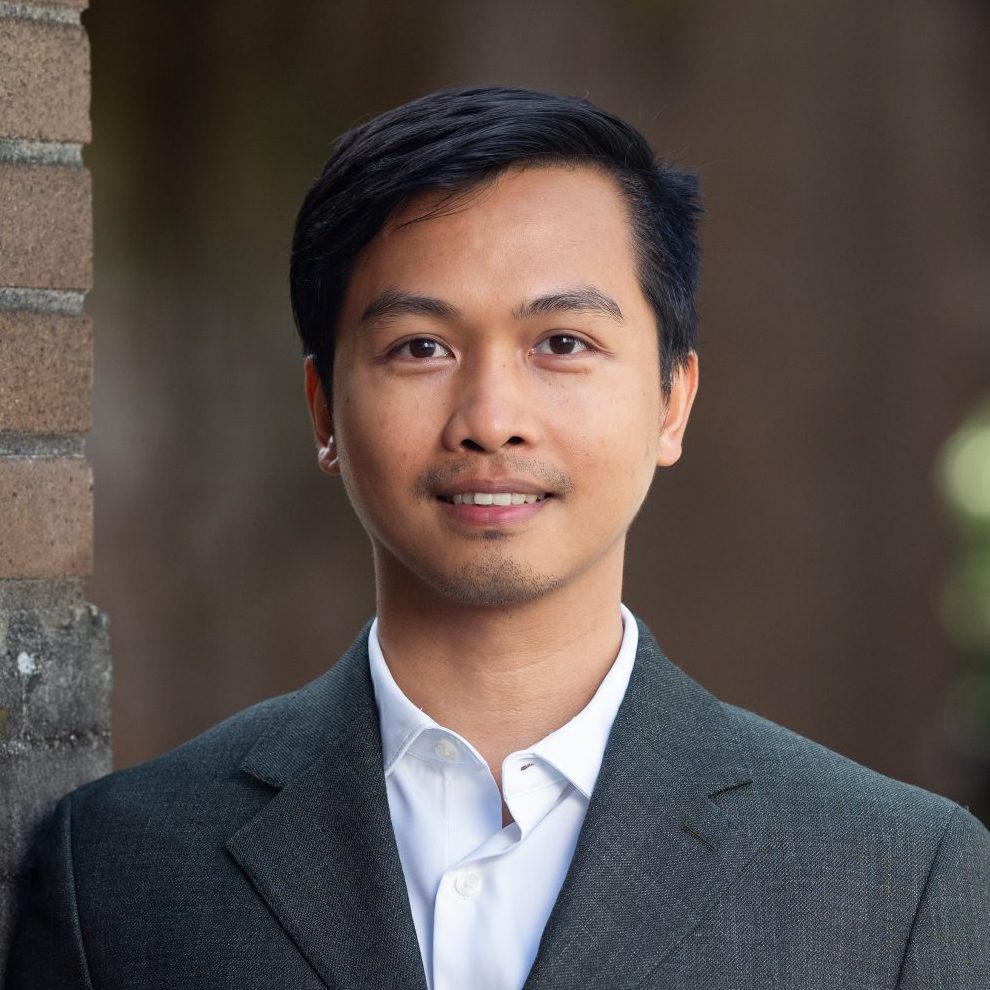Raya Hartshorne

About
| Name | Raya Hartshorne |
| Pronouns | She / Her |
| Program | Bachelor of Science in Food, Nutrition, and Health |
| Major | Dietetics |
| Year | 3 |
| Hometown | White Rock, Canada |
Raya is a third-year undergraduate student in the Food, Nutrition, and Health program. Raised in White Rock, BC, Raya was drawn to nutrition through her love for cooking, wellness, and supporting others in their health journeys. Her high school capstone project, focused on meal planning for mental health, which sparked her interest in dietetics and led her to pursue this passion academically at UBC.
Raya is an active member of the LFS community. She has volunteered with the LFS Outreach team and participated in the Land One program, which helped her build a strong foundation and lasting friendships. Her goal is to become a Registered Dietitian and continue creating content through her page, @rayashealthykitchen. Her biggest advice to new students is to reach out for support early and take advantage of programs like Land One and academic advising, which helped her feel grounded and empowered.
What are three adjectives that describe you?
Kind, Determined, Outgoing
What has been the best part of your university experience so far?
This year I took on something new and joined the LFS Outreach team, where I volunteered at recruitment events and led educational workshops for high school classes. I stumbled across the opportunity in an LFS Newslettuce and am so glad I decided to apply! I have had so much fun getting to connect with future students and sharing my LFS experience with them. Being a part of this team has also expanded my network by introducing me to so many more awesome people in the Faculty.
How did you first become interested in Food, Nutrition, and Health Program?
I was lucky to grow up surrounded by home-cooked, nourishing meals and a positive emphasis on wellness. I used to love going to health food stores with my mom and would read cookbooks to fall asleep! This followed me through my life as I continued to learn how to best take care of myself. While in high school, I took a big interest in foods classes and combined this with my passion for a holistic approach to health, to create a capstone project: a meal plan focusing on supporting mental health. This project opened my eyes to possible career choices and landed me in LFS to start my nutritional academic journey!
What kind of career do you hope to pursue after your degree?
My current vision for myself is to become a Registered Dietitian and get to explore my different niche interests in nutrition through my clients while helping them to achieve health and peace. I want to create a holistic approach and safe space in healthcare that empowers people to feel their best. I also love exploring content creation through my page @rayashealthykitchen to promote nutrition and wellness. I definitely see myself continuing this in my future. I got to explore this further in an academic setting through LFS 400: Audio Storytelling, and the audio skills I learnt have come in handy for my content.
What has been your favourite course and why?
I loved taking FNH 371: Human Nutrition Over the Lifespan with Dr. Liz Novak. We learned about key nutrition focuses at each point in the lifespan, starting at pregnancy and ending at the aging population. One of my favourite topics is pregnancy and lactation, so getting to explore these topics more and seeing how I could support people in these stages was amazing. Studying for this class became fun for me because I was so interested in it, which is the best feeling.
Can you share if you experienced a challenge during your time at UBC?
My first year at UBC was a big transition; there was a lot of change happening at once, and I struggled with my mental health. While my family and professionals helped me through this challenge, the LFS community also played a huge role. I met with an academic advisor at LFS Student Services who helped me adjust my course load and referred me to the Centre for Accessibility, which provided me with accommodations to allow me to truly do my best. I was also in Land One at the time, which had smaller class sizes and a strong support system to fall on. This challenge only made me grow stronger and closer to my community. There are so many people who are here to help you at UBC and within LFS, so my biggest advice is to just reach out!
What strategies would you recommend for adapting to the new university setting?
Applying to the Land One program for my first year shaped my transition and made me feel more settled at UBC. The smaller class sizes allowed me to make life-long friends, make one-on-one connections with professors, and feel supported. We also did several field trips and hands-on activities, which made my first year so fun. I recommend any incoming LFS and Forestry students to consider Land One!
Tagged with:











